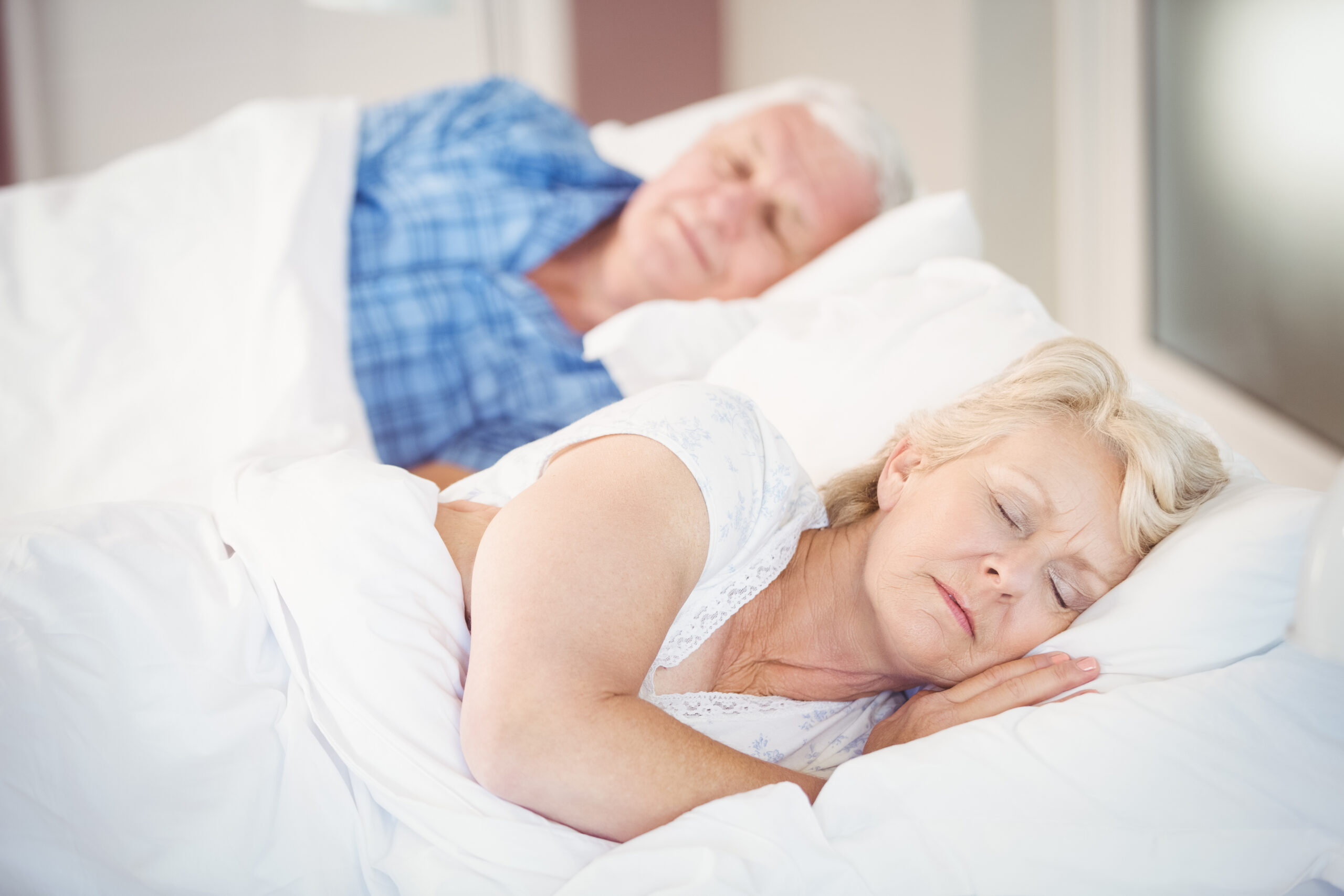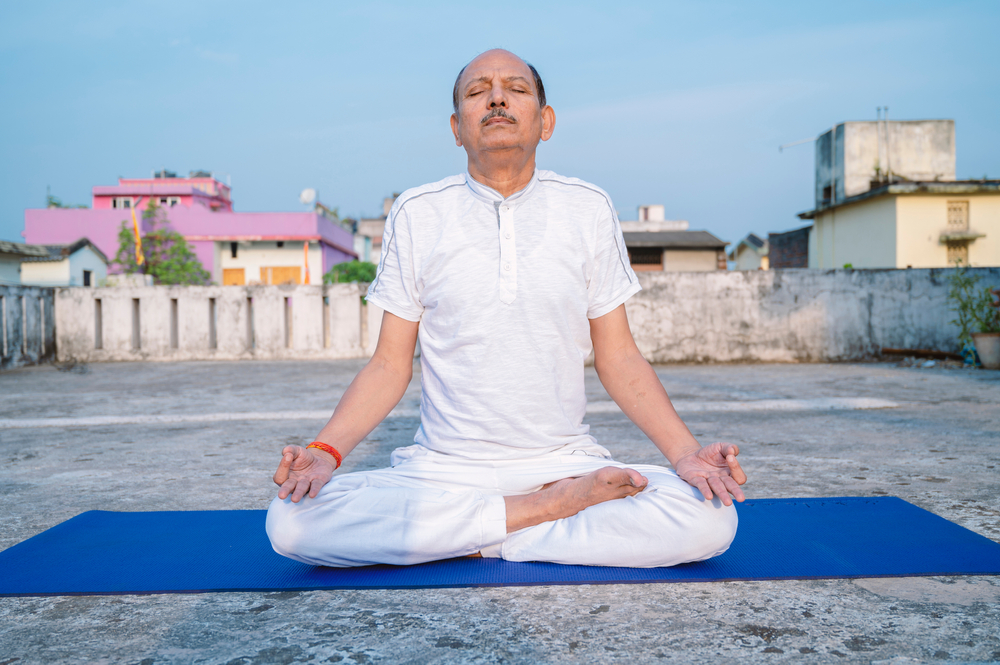And it’s the quality that matters… just eight hours of tossing and turning does not suffice, writes Dr Nandini Saini
Sleep is such an important but unfortunately often ignored part of our routine. Adults ideally require seven to nine hours of sleep in a day. Roughly, that’s one third of your time.
Why is sleep so important?
Sleep isn’t merely our body resting. In fact, it’s a very busy time for a number of functions in our body – restoring dead cells, enabling our brain to store old memories, create new ones. It allows you to be active and healthy when awake.
The mechanism of sleep:
Two processes regulate our sleep patterns:
Circadian rhythm – the ability of the body to feel sleepy at night and wake up in the morning without an alarm.
Homeostasis – Reminds your body to sleep after a certain time, also controls the intensity of sleep.
The stages of sleep:
The stages of sleep are divided broadly into two categories:
- Non Rapid eye movement (NREM)
- Rapid eye movement (REM)
There are five stages of sleep that rotate between NREM and REM, each stage lasting about 90 minutes or so…they include drowsiness, light sleep, deep sleep, very deep sleep and dreams.
Deep Sleep (also called slow wave sleep) occurs in the thrid stage of NREM. This stage is important as it’s the time when your body repairs itself, the hormones are regulated…vit is what makes you energetic the next morning. It accounts for 20 % of your total sleep, about 120 minutes a night. Waking up from deep sleep is difficult and may leave you drowsy.
What happens during deep sleep?
- Your body cools down, helps you conserve and build up energy. Your body and brain waves slow down. You make up for the energy you’ve lost during the day.
- The brain detoxifies.
- The pituitary gland is activated, sending out the growth hormone, which helps in repair of cells and muscle.
- Immunity is strengthened. It also helps augment the action of vaccines.
- Body glucose is regulated.
- Glucose supply to the brain increases, helping in short and long term memories. Information is stored as memories, for future reference.
Lack of deep sleep will make you lethargic and feeling tired. It can also affect your immune response, leaving you vulnerable to disease. You could suffer from conditions like sleep walking, night eating, bed wetting.
Reduced sleep in general could predispose you to conditions like Alzheimer’s, diabetes and heart related illnesses.
How can we ensure we get the required deep sleep?
Experts now say it’s not just the quantity of sleep, but the quality that matters, too. A sleep of eight hours where you’re tossing and turning does not suffice.
Schedule your sleep: Try going to bed and waking up at the same time every day. Catching a nap during the day is fine, but try keeping it short, about 30 minutes.
Exercise: Maintain a healthy exercise regimen, 30 minutes a day for five days a week. Even moderate exercise, such as walking your pet or yoga works well. Just don’t do it close to your bed time, or it might disturb your sleep pattern.
Comfortable environment: A cool, dark environment is most conducive to good sleep… avoid bright lights, loud noises in the bedroom. Keep away from electronic devices like phones and TV right before your bedtime. Use an eye mask to avoid light.
Set a bedtime routine: Unwinding before bedtime is a good way of sleeping well. Read a book, take a warm bath (about an hour before bedtime). Meditation is a good option.
Mind your diet: Avoid indulging in heavy food before bedtime; a light diet always works better. Caffeine and alcohol too, should be avoided a few hours before you sleep.
Give yourself time: An adult needs about eight hours of sleep. Try to ensure you give yourself the eight hours. Set your schedule accordingly. If you’ve been in bed for more than 20 minutes and cant sleep, just get up and read a book or have a glass of warm milk. Go to bed only when you feel sleepy.
Pink noise: Pink noise is a background noise you can play, which will mask any other noises that might distract you at night.
Avoid sleep tracking devices: Researchers have found that using these devices tends to put the subject under stress, thereby disturbing their sleep.
If you feel that nothing works, your sleep is still disturbed, consider visiting a physician who can suggest medicines.










Do poppy seeds consumed with milk before bedtime help in getting deep sleep?
Comments are closed.